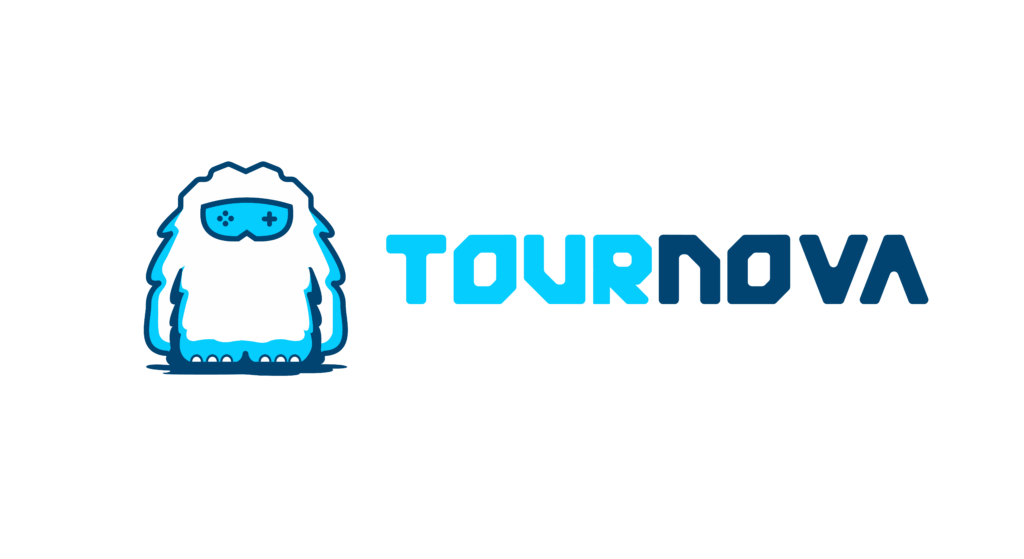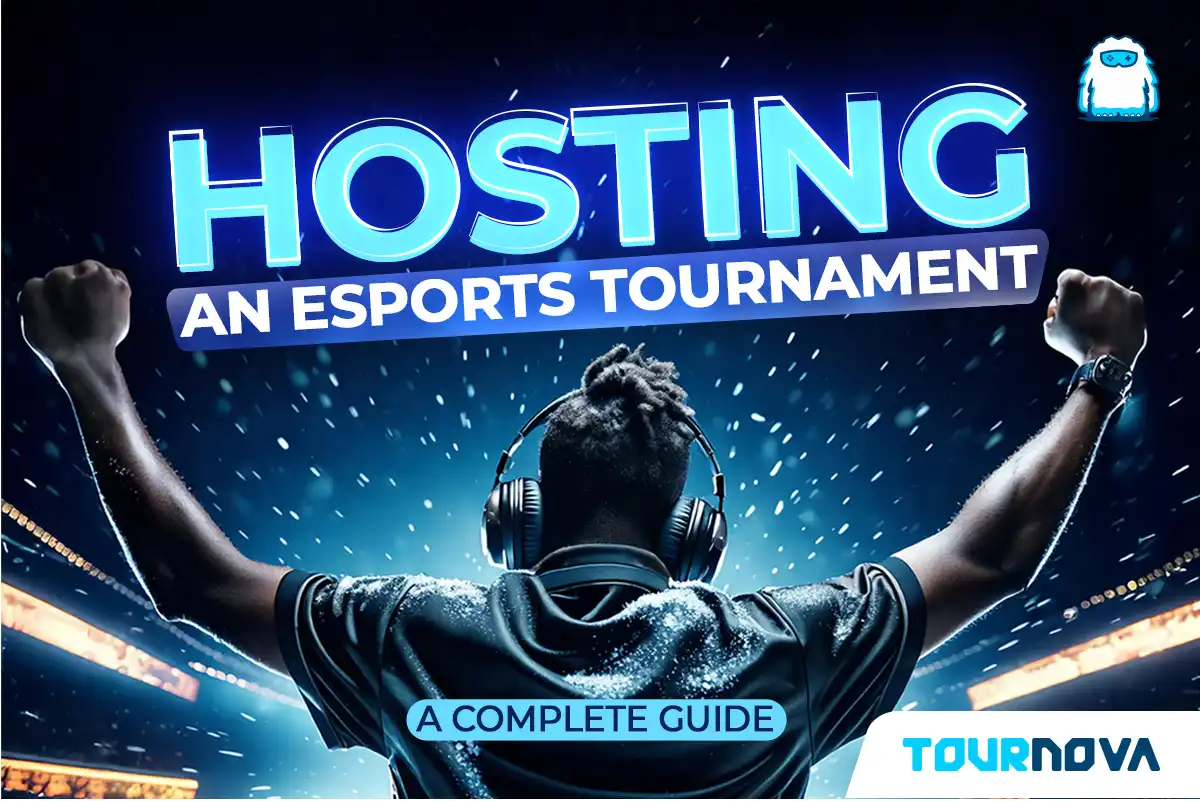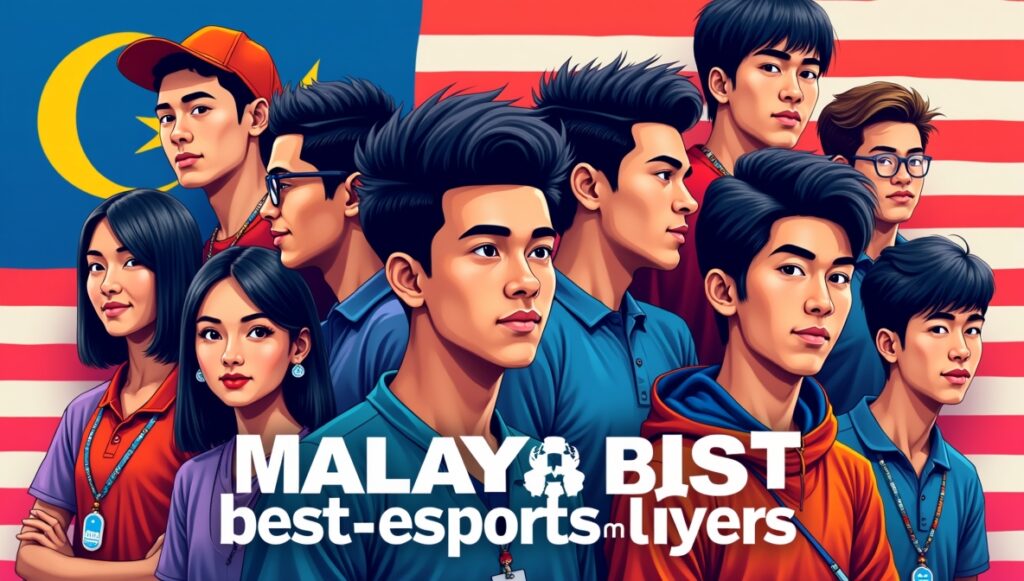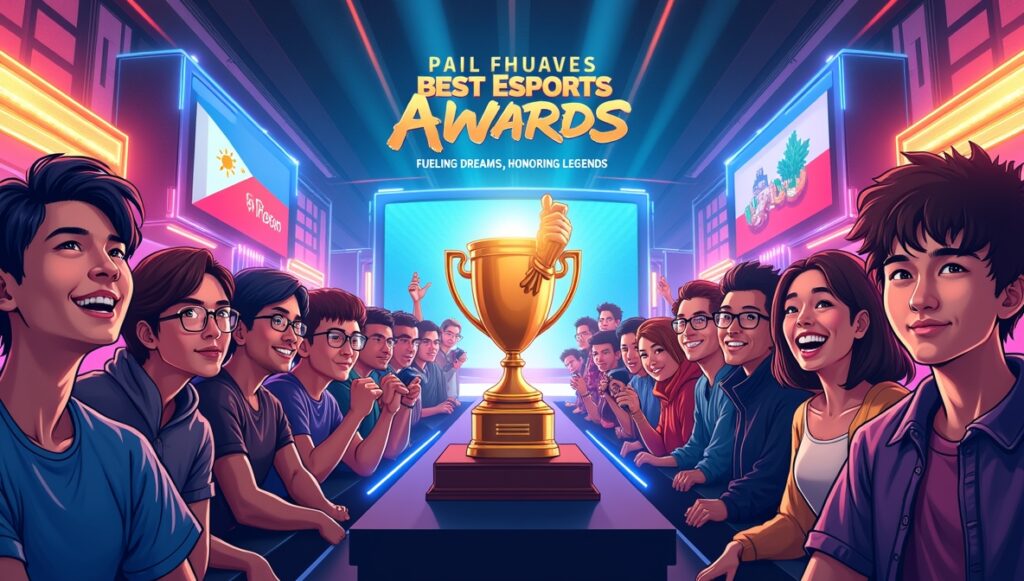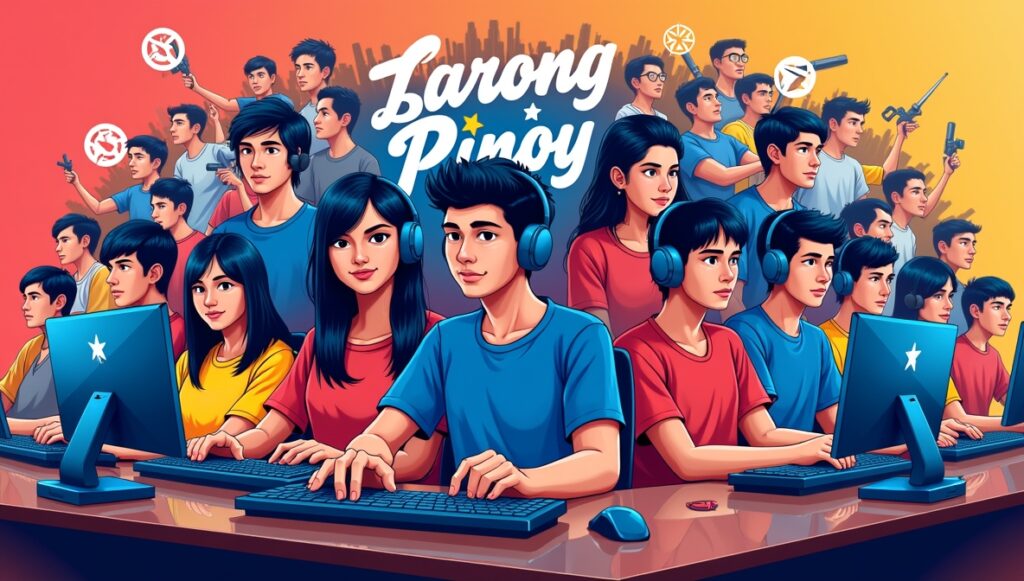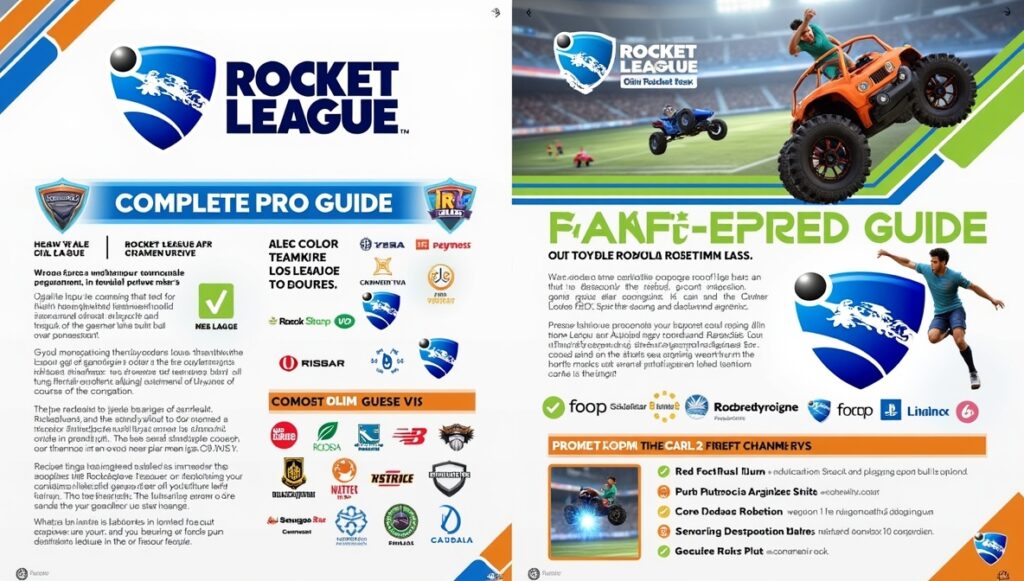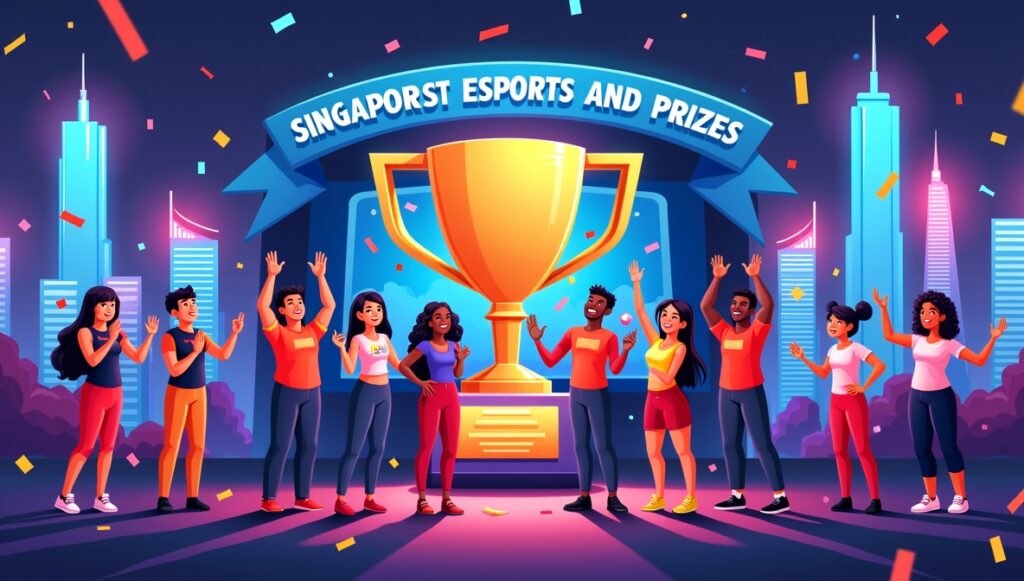Imagine you’re sitting on your couch, controller in hand, watching your favorite esports event unfold. The crowd roars as a team clinches victory, and a thought crosses your mind: “I want to create something like this.” Hosting an esports tournament is an exhilarating idea, yet many potential organizers feel daunted by the complexity of pulling it all together. How do you transform a dream into reality without getting lost in the details? Rest assured, this guide will unravel the mysteries of hosting your own esports tournament, offering step-by-step advice to help you create an event that’s both memorable and fun.
We’re here to walk you through the process, ensuring that your tournament is not only enjoyable but also a successful endeavor that could become a staple in your gaming community.
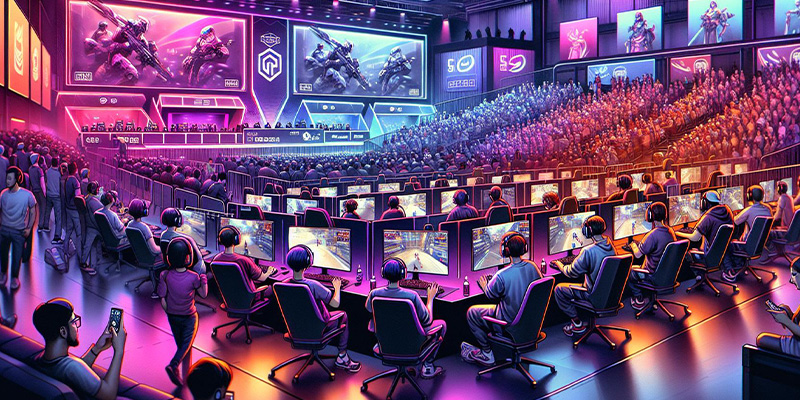
Best Ways to Host Your Own Esports Tournament
Organizing a successful tournament isn’t without hurdles. From selecting the perfect game to ensuring seamless gameplay, the process requires meticulous planning. These challenges often steer people away, fearing the unknowns and complexities. But fear not, as we’re here to demystify the process and walk you through each step with practical advice and personal anecdotes. Together, we’ll turn your vision into a thriving reality.
What Is an Esports Tournament, and Why Should You Host Your Own?
An esports tournament is a competitive game where players or teams compete for prizes and glory. It can be as casual or as serious as you like, ranging from friendly neighborhood contests to more structured online battles. Hosting your own tournament offers numerous benefits. It builds community, hones organizational skills, and, best of all, provides a platform for gamers to showcase their skills.
Conversely, it also comes with challenges like planning logistics and managing participants. However, these obstacles are manageable with the right approach and, often, part of the fun itself. After all, the satisfaction of bringing people together and watching them enjoy the fruits of your labor makes the effort worthwhile.
Step-by-Step Guide to Hosting an Esports Tournament
Research: Understanding the Esports Landscape
Before starting to plan, immerse yourself in the esports world. Watch tournaments for games like Super Smash Bros. Ultimate or Apex Legends. Observe what works, notice the excitement levels during key moments, and note any challenges the organizers face. This research provides a blueprint for your own event.
Choosing the Right Game and Format for Your Audience
The game’s choice significantly impacts your tournament’s success. If your community loves fast-paced action, a game like “Fortnite” or “Call of Duty: Warzone” might be ideal. Deciding between solo or team formats will depend on how your players like to engage. A good mix of both can also cater to different tastes.
Budgeting: Managing Costs and Sponsors
A comprehensive budget plan is your roadmap to a financially successful event. Factor in every detail, from venue rentals to prize money. Sponsorship can be a game-changer. To attract sponsors, present a solid proposal that includes audience insights and potential marketing benefits. Highlighting unique aspects of your event can also pique sponsor interest, offering them a fresh platform for brand exposure.
Selecting a Platform: Choosing Top Esports Management Platforms
Platforms like Tournova, Battlefy, and Tournament simplify managing brackets and player registration. They offer tools to handle registration, scheduling, and live updates, making it easier to manage and keep everything organized.
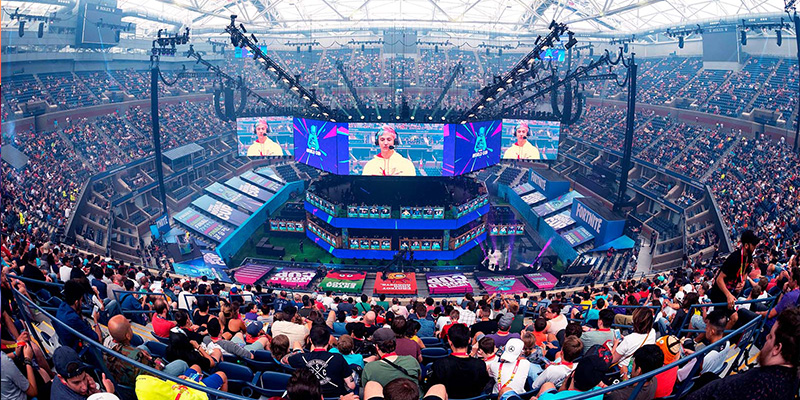
Read More: How to Use a Discord Bot for Gaming Tournaments
Tools and Technology You’ll Need
- Tournament Management Software
A reliable management tool that helps streamline your operations for hosting an esports tournament. Make sure to pick one that supports the size of your tournament and offers essential features like registration and scheduling.
- Streaming and Broadcasting Tools
Streaming your tournament can significantly increase its reach. Software like OBS Studio or XSplit Broadcaster can help you deliver professional-quality streams. Platforms like Twitch and YouTube are perfect for reaching a wide audience.
- Leaderboard and Score Tracking
Accurate score tracking is crucial. Use digital scoreboards to inform everyone about standings and stats throughout the tournament.
Creating Clear Rules and Guidelines for Players
Establishing comprehensive rules and guidelines is a fundamental step in ensuring the smooth operation of your esports tournament. Here’s how to approach this crucial task effectively:
Eligibility Criteria
- Clearly define who can participate in your tournament. Consider age restrictions, skill levels, and any geographical limitations. If your tournament is aimed at a particular community or region, make sure this is explicitly stated.
Game Settings and Format
- Game Version: Specify the exact game version to be played, including any patches or updates.
- Match Settings: Outline the specific settings for the matches, such as map selection, game modes, time limits, and victory conditions.
- Tournament Format: Detailed information on whether the tournament will follow a single elimination, double elimination, round-robin, or another format. This helps players understand how many matches they’ll play and what’s required to progress.
Scheduling and Timing
- Provide a detailed schedule that includes check-in times, match start times, and any scheduled breaks. Include time zone information if participants are from different regions. This helps a lot when you’re going to host an esports tournament of your own.
Conduct and Behavior Expectations
- Set clear expectations for player behavior in-game and during any interactions at the event. Include a code of conduct to address harassment, unsportsmanlike behavior, and cheating.
- Specify the penalties for rule violations, ranging from warnings to disqualification.
Communication and Dispute Resolution
- Outline how communication will be handled, such as using a specific Discord server or other platforms for updates and queries.
- Provide a dispute resolution process, including who to contact and how to make decisions.
Dissemination of Rules
- Distribute the rules to all participants well before the tournament. Use multiple channels, such as emails, dedicated web pages, and social media, to ensure everyone has access.
- Host a pre-tournament meeting or Q&A session to address any questions and clarify any aspects of the rules.
Marketing Your Esports Tournament to Attract Players and Viewers
Effective marketing is crucial for attracting participants and spectators to your tournament. Here’s how to build excitement and engagement:
1. Leverage Social Media Platforms
- Create Event Pages: Create event pages on platforms like Facebook, Twitter, Instagram, and LinkedIn. These can serve as central hubs for information and updates.
- Hashtags: Develop a catchy and unique hashtag for your event to increase visibility and encourage sharing.
2. Engaging Visual Content
- Design eye-catching graphics and promotional materials highlighting the tournament’s key details: date, prizes, featured games, and any notable participants or guest appearances. Since you’re hosting an esports tournament of your own, you need all the coverage and PR you can develop.
- To generate interest, create short teaser videos or trailers. These could feature highlights from past events or sneak peeks of what’s to come.
3. Highlight Unique Selling Points
- Emphasize what makes your tournament special, such as unique formats, impressive prize pools, or involvement of prominent figures in the esports community.
4. Encourage Participant Involvement in Promotion
- Ask participants to share their tournament involvement on their social media platforms. Provide them with assets like branded banners or curated social media posts to make sharing easier.
5. Engage with Gaming Communities
- Post about your tournament in relevant online communities. This could include gaming subreddits, Discord servers, and forums where your target audience is active.
- Personal engagement with these communities can also build rapport and increase interest.
6. Email Marketing and Newsletters
- Use email newsletters to reach out to existing networks, providing updates and generating excitement about the tournament.
7. Live Updates and Content Creation
- Keep the momentum going during the tournament with live updates on social media. Share scores, highlight exciting moments, and engage with your audience to maintain interest throughout the event.
By clearly establishing rules and effectively marketing your tournament, you can create an enjoyable and successful esports event that fosters lasting community connections considering hosting an esports tournament that’s going to be successful.
Organizing Your Tournament Day
- Ensuring Smooth Gameplay: Technical Support and Moderators
Have a dedicated team ready to tackle technical issues and moderate game rooms to ensure fair play. Their role is crucial in maintaining the flow and integrity of the tournament.
Post-Tournament: Evaluating and Growing Future Events
- Player Feedback and Reporting
Gather feedback from participants to identify what went well and areas for improvement. Surveys are an effective way to gather insights.
- Building a Community for Your Next Tournament
Keep the momentum going! Create online groups or forums where participants can share their experiences and stay updated on future events. Building a community not only paves the way for subsequent tournaments but also strengthens relationships within the gaming world.
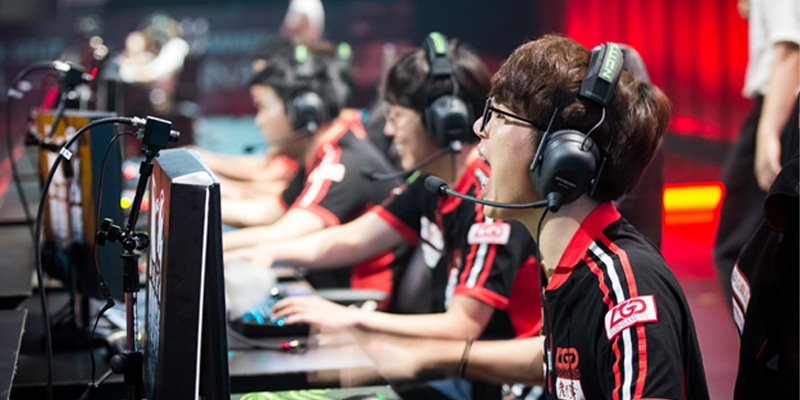
Post-Event Reflection and Follow-Up
1. Analyzing Event Success
To ensure each tournament is better than the last, it’s important to analyze what worked and what didn’t:
- Feedback Collection: Utilize online surveys sent to participants and spectators to collect feedback on their experience.
- Data Analysis: To assess the tournament’s success and analyze registration numbers, engagement levels, and social media reach.
2. Building for the Future
Building on the momentum of a successful tournament can lead to sustained community involvement:
- Community Engagement: Keep the community engaged by organizing regular meetups or online gaming sessions. Maintaining a lively and active community can help with the planning and success of your next event.
- Documenting Lessons Learned: Document the lessons learned from this tournament to refine processes for future events. This can be a detailed report or a checklist that can guide your next planning session.
To Close Things Up
Hosting an esports tournament is a rewarding venture that demands creativity, organization, and a love for gaming. From brainstorming game choices to managing post-tournament feedback, each step provides learning experiences and opportunities to connect with fellow gamers. Remember, the key is to start small, build upon each event, and enjoy every moment of bringing this digital celebration to life.
Read the hottest in-depth Esports Guides on Tournova.
FAQs
How can I ensure fair play during my tournament?
Implement a strict set of rules and employ moderators to monitor the events. Using third-party tools to verify gamer accounts can also add a layer of security.
What are some cost-effective ways to market my tournament?
Leverage social media platforms like Instagram and Twitter. Collaborate with local gaming influencers or community leaders to spread the word without spending heavily.
How can I keep participants engaged beyond the tournament?
Create online groups or forums for past and future participants. Share tournament highlights, continue discussions, and offer sneak peeks of upcoming events to keep the community active and engaged.
